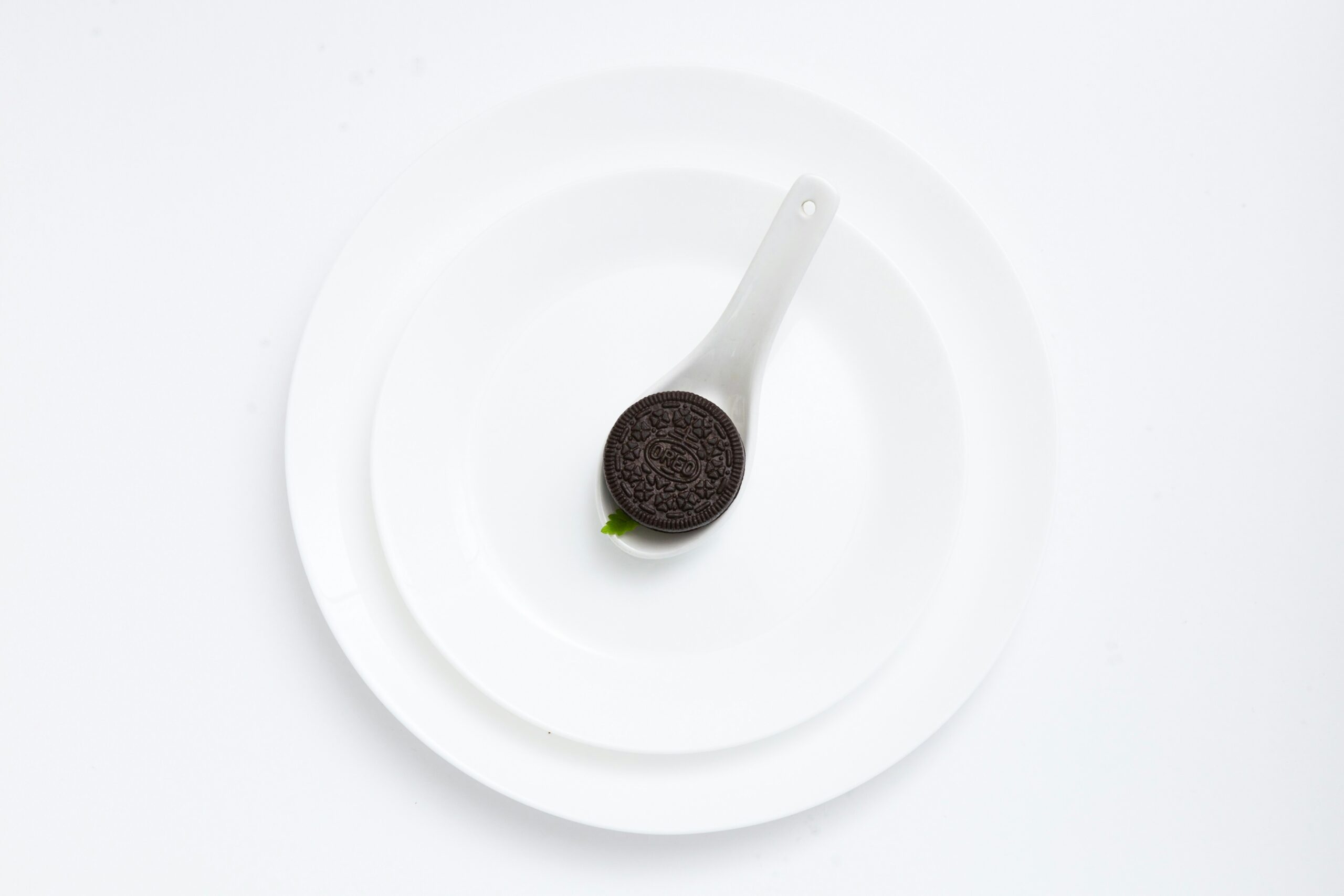Have you ever noticed a distinct change in the smell of your urine after eating certain foods? It’s a fascinating experience that can be quite perplexing, especially if you’re unprepared for it. You’re definitely not alone in wondering what causes this sensory shift. Let’s unravel this olfactory puzzle and explore the science behind why certain foods can cause your urine to have such memorable aromas.

The Science Behind Urine Smell
Let’s kick things off by understanding why urine smells in the first place. Normally, urine has an odor that can best be described as mild and not unpleasant, owing to its primary components: water, urea, and other waste products. The natural smell can vary, influenced chiefly by factors such as diet, hydration levels, and overall health.
Composition of Urine
Urine is a liquid waste material secreted by the kidneys. Its main components include:
| Component | Description |
|---|---|
| Water | Makes up about 95% of urine; aids in dissolving waste |
| Urea | A waste product formed by the breakdown of proteins |
| Creatinine | Waste resultant from muscle metabolism |
| Electrolytes | Include sodium, potassium, and chloride |
| Metabolic Waste | Result from the breakdown of body chemicals |
These components usually don’t emit strong odors. However, when specific foods break down in your digestive system, they can release volatile compounds that are then excreted through urine, leading to noticeable changes in its smell.
Foods That Change the Smell of Urine
Not every food item triggers a significant change, but some are notorious for affecting the aroma. Let’s take a closer look at these culinary culprits and understand why they hold this particular power.
Asparagus
Asparagus probably tops the list of foods known to alter urine odor in a noticeable way. Within minutes after consumption, many start to notice a peculiar smell.
The Specific Compound: Asparagusic Acid
Asparagusic acid is found in asparagus and is believed to break down into sulfur-containing compounds. These compounds impart that distinctive, somewhat unpleasant, odor once they hit the urine. Interestingly, not everyone can smell this change; it’s a phenomenon influenced by genetic variants.
Garlic and Onions
These classic culinary staples are known for leaving a lasting impression on your breath, but they also affect urine odor.
Allium Family and Sulfur Compounds
Garlic and onions belong to the allium family and contain sulfur compounds. When metabolized, these compounds are released not only in your breath but also in your urine, giving it a distinct scent. Sulfur’s presence is a common theme in foods that alter urine smell.
Brussels Sprouts and Cabbage
Brussels sprouts and cabbage are part of the cruciferous vegetable family known for their numerous health benefits, yet they can lend a strong aroma to urine.
Glucosinolates
These vegetables are rich in glucosinolates, compounds that contain sulfur. When digested, they break down into various pungent gases, including hydrogen sulfide, a byproduct partly responsible for their influence on urine odor.
Coffee
Coffee fans may notice a change in urine odor after consuming their favorite brew.
Influence of Coffee Beans
The aromatic compounds in coffee beans undergo transformation during digestion and can give urine a coffee-like smell. Additionally, coffee is a diuretic, which can concentrate those compounds, making them more noticeable in urine.
Fish
Fish, although healthy, can affect the fragrance of your urine.
Trimethylamine
Fish contains trimethylamine, a compound known for its fishy odor, which is released during digestion. Some individuals possess a genetic trait that prevents them from processing this compound effectively, resulting in its direct excretion through urine.
Beets
If you’re someone who notices a change in urine color after eating beets, you might also be intrigued by the odor.
Betaine and Odor
Beets contain betaine, which can affect urine smell for some. The compound is generally benign but can contribute to a unique earthy aroma in urine.
Other Factors Affecting Urine Odor
Food isn’t the only factor at play when it comes to changes in urine smell. It’s worth exploring how other variables might contribute.
Dehydration
The concentration of urine significantly impacts its odor. When you’re dehydrated, your urine darkens and becomes concentrated, enhancing any existing odors.
Impact of Hydration Levels
Proper hydration helps dilute compounds in the urine, making them less potent. Conversely, dehydration intensifies the concentration, leading to stronger smells.
Medications and Supplements
Certain medications and supplements can produce varying changes in urine odor.
Influence of Pharmaceuticals
Some prescribed medications, like antibiotics and supplements, particularly those high in sulfur, can indeed change urine smell. Their effect hinges on the breakdown products excreted by the body.
Underlying Health Conditions
Uncommon odors in urine might denote underlying health issues. Conditions such as urinary tract infections (UTIs), diabetes, or maple syrup urine disease can alter the aroma distinctly.
Metabolic Disorders
In metabolic disorders, specific genetic anomalies prevent the breakdown of certain compounds, leading to distinct urinary odors. For instance, the condition phenylketonuria is known for producing a musty smell due to the inability to metabolize phenylalanine properly.
Can Genetics Influence Urine Odor from Foods?
You might be surprised to learn that genetics plays a critical role in this peculiar aspect of physiology. Some people are “smellers,” while others are “non-smellers.”
Genetic Predisposition
The ability—or inability—to detect certain smells is influenced by genetic factors. This can explain why not everyone perceives the asparagus urine smell or the changes caused by other foods.
Specific Genomic Markers
Scientists have identified specific genomic markers that can influence the sensitivity of individuals to certain smells. Our olfactory receptors, dictated by these genes, determine what and how we perceive odors emitted from our own bodies.

How to Minimize Unpleasant Urine Odor
Now that you’re familiar with the reasons for this phenomenon, you might wonder if there’s anything you can do to reduce the impact.
Hydration Is Key
Drinking plenty of water can dilute urinary compounds, making odors less pungent.
Benefits of Staying Hydrated
Aside from general health benefits, maintaining hydration helps in flushing out waste and reducing the concentration of odoriferous compounds.
Modify Diet
Being mindful of food choices may curb unexpected odor changes, though this clearly means sacrificing some favorites.
Balance and Moderation
Try balancing your diet by pairing odor-causing foods with neutral ones, and avoid excessive consumption of the same, even if it’s one of your favorites.
Consult Healthcare Providers
If the odor is persistent and accompanied by other symptoms, it might be wise to consult a healthcare provider.
Comprehensive Medical Evaluation
Doctors can evaluate the underlying causes, ensuring that any enduring changes are not symptomatic of a more serious concern.
Conclusion
Understanding why some foods change the smell of urine offers a curious glimpse into how our bodies process what we consume. While these changes are generally harmless, they underscore the complex interplay between diet, metabolism, and genetics. With keen awareness, you can embrace—or mitigate—these changes with informed choices, keeping your health and wellness on track while appreciating the nuances of human physiology. Isn’t it remarkable how something as ordinary as food can spark such an insightful dialogue about our bodies?


